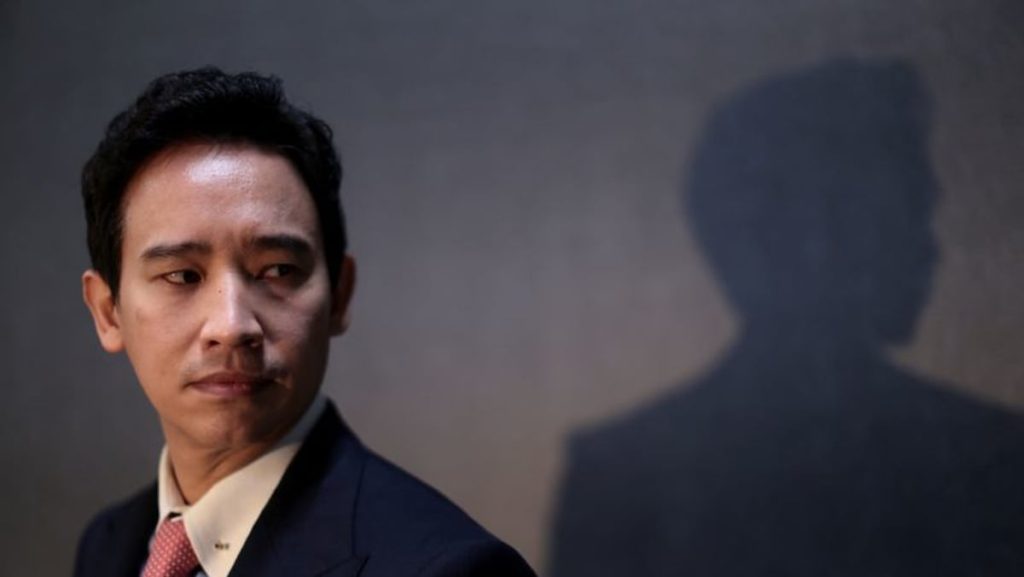Summarize this content to 2000 words in 6 paragraphs Last year, Move Forward’s influential rivals coalesced to block the party from forming a government. But the progressive movement remains a political force and a threat to the status quo, bent on pursuing a platform that includes military reform and dismantling big business monopolies.
Those policies have put it on a collision course with powerful groups at the heart of an intractable crisis that since 2006 has seen two coups, the removal of four prime ministers, dissolution of multiple parties and a series of crippling, at times violent, street protests.
Some supporters called for protests against the court decision. At Move Forward’s headquarters, its loyalists expressed both disappointment and disbelief at the ruling.
“It feels like we have hit rock bottom,” said Sirinapa Veillet, 58.
“It feels like we have no support left, none at all,” she said of Thailand’s democratic institutions.
Move Forward’s disbandment comes at a critical juncture in Thai politics, with cracks appearing also in an uneasy truce between the royalist establishment and another longtime rival, the populist ruling party, Pheu Thai.
Pheu Thai and its previous incarnations have suffered the most from Thailand’s coups and judicial interventions, with the Constitutional Court next week set to decide whether to dismiss Prime Minister Srettha Thavisin over his appointment to cabinet of a lawyer who served time in jail. Srettha denies wrongdoing
Tycoon Srettha’s case is among factors that have heightened political uncertainty and roiled financial markets, with the prospect of political upheaval if he is removed.
A new premier would need to be voted on by parliament, potentially pitting Pheu Thai against coalition partners and leading to a shakeup of the governing alliance and realignment of cabinet and policies.


